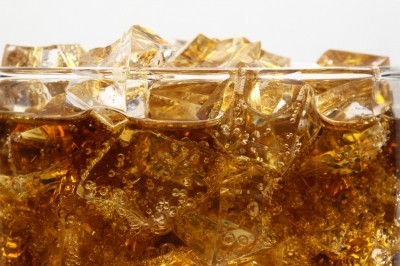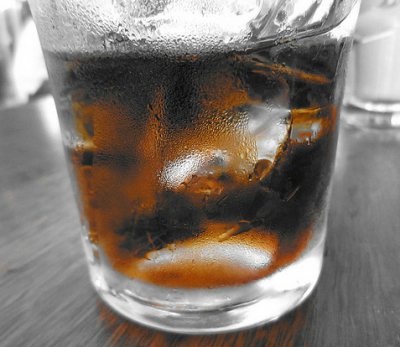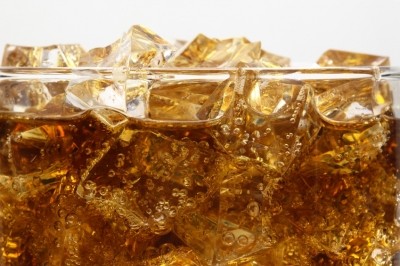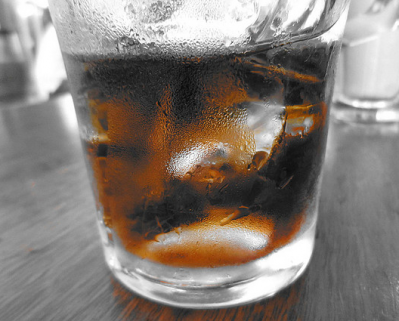Caramel cancer claims against Coke, Pepsi seek to scare Americans, ABA
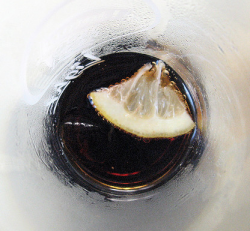
4-methylimidazole (4-MI) forms in caramel during the heating, roasting and cooking process – when ammonia or ammonia and sulfites are used to make caramel colouring – and is found in some soft drinks, coffee and some beers, as well as baked goods, breads and molasses.
The US Food and Drug Administration (FDA) has approved the use of such caramel colourings, which are generally recognised as safe (GRAS) for use as food ingredients, although the CSPI said yesterday that Pepsi had pledged to roll-out an alternative coloring with lower 4-MI levels across the US.
Needless exposure to dangerous chemical?
Attacking the FDA for its inaction on 4-MI since a first petition last February, the CSPI also renewed its 2011 call (in a letter to FDA commissioner Dr. Margaret Hamburg) for the administration to revoke authorisation for caramel colourings containing 4-MI and also 2-MI, and as an interim measure change labeling of the additive to, for example,‘chemically modified caramel colouring’.
CSPI executive director, Michael Jacobsen, said:“Coke and Pepsi, with the acquiescence of the FDA, are needlessly exposing millions of Americans to a chemical that causes cancer.
“The colouring is completely cosmetic, adding nothing to the flavour of the product. If companies can make brown food colouring that is carcinogen-free, the industry should use that,” he added.
The CSPI said its researchers collected soft drink samples (including Coca-Cola, Pepsi-Cola and Dr Pepper) in Washington D.C stores that showed 4-MI levels ranging from 103 mcg (microgram) to 153mcg per 12oz can.
The watchdog referenced California’s 29-mcg benchmark for 4-MI - listed by the state as a carcinogen - where products require safety warning when the chemical exceeds this level in a product; the CSPI said in its letter to Dr. Hamburg that both PepsiCo and Coca-Cola had now both significantly cut 4-MI levels in Californian products.
ABA attacks scaremongering
But the ABA hit out at the CSPI yesterday in a blog post, stating: “It makes no sense for the sake of our consumers or our business to put anyone’s health at risk.”
The CSPI claimed to operate in the interests of public health, the ABA said,“but it is clear that its only motivation is to scare the American people, and attempt to impugn our industry’s products”.
However, the ABA said:“California’s listing was based on a single study in lab mice and rates. A person would need to drink more than 2,900 cans of cola every day for 70 years to reach the lowest dose levels mice received in the single study upon which California.”
The study also showed tumour reduction amongst rats tested, the ABA said, adding that leading public health organisations believed caramel colourings with trace amounts of 4-MI were safe for colas and other foods.
Last November, Health Canada said that 4-MI did not represent a risk to consumers, while the European Food Safety Authority (EFSA) reaffirmed its safety in March 2011.
Even the US government’s latest National Toxicology Program (NTP) ‘Report on Carcinogens’ (2011) – which identifies health hazards posed by environmental exposures – did not list 4-MEI as a “reasonably anticipated” human carcinogen, the ABA said.
However, four animal carcinogenicity experts wrote to the FDA last February, in support the CSPI, asking it to revoke approval of caramel colourings,“made using an ammonia or ammonia-sulfite process that results in cancer-causing imidazole compounds”, for the sake of public safety, on the basis of rat and mouse studies.
The scientists said that NTP feeding studies in mice and rats found, in the NTP’s words, “clear evidence” for the carcinogencity of both 4-MI and 2-MI.
